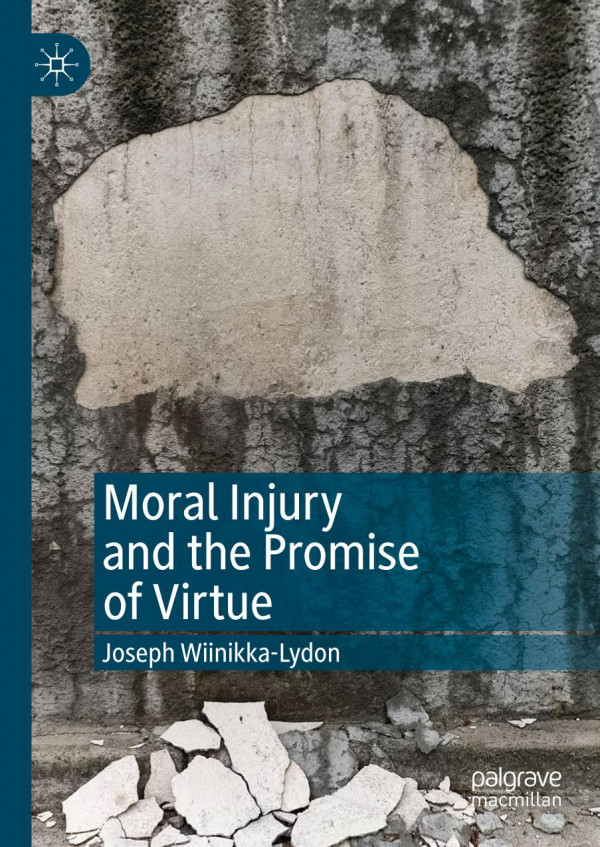

Most ebook files are in PDF format, so you can easily read them using various software such as Foxit Reader or directly on the Google Chrome browser.
Some ebook files are released by publishers in other formats such as .awz, .mobi, .epub, .fb2, etc. You may need to install specific software to read these formats on mobile/PC, such as Calibre.
Please read the tutorial at this link: https://ebookbell.com/faq
We offer FREE conversion to the popular formats you request; however, this may take some time. Therefore, right after payment, please email us, and we will try to provide the service as quickly as possible.
For some exceptional file formats or broken links (if any), please refrain from opening any disputes. Instead, email us first, and we will try to assist within a maximum of 6 hours.
EbookBell Team

4.7
46 reviewsThis book turns to virtue language as an important resource for understanding moral injury, a form of subjectivity where one feels they can no longer strive to be good as a result of wartime experience. Drawing specifically on Iris Murdoch’s moral philosophy, and examining the experiences of civilians during the Bosnian War (1992-5), Joseph Wiinikka-Lydon argues that current research into war and current understandings of subjectivity need new ways to articulate the moral dimension of being a subject if we are to understand how violence affects one’s moral being and development. He develops an understanding of the human person as a tensile moral subject, one that forefronts the moral challenges and vulnerability inherent in lives affected by war. With these resources, Wiinikka-Lydon argues for a moral vocabulary and images of the human as a moral being that can better articulate the experience of violence and moral injury.